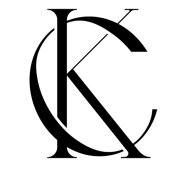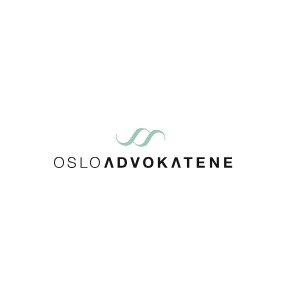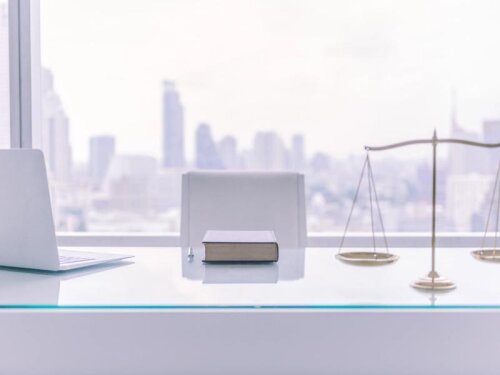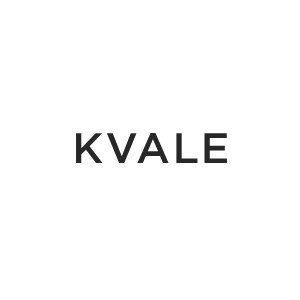Best Debt & Collection Lawyers in Norway
Share your needs with us, get contacted by law firms.
Free. Takes 2 min.
Or refine your search by selecting a city:
List of the best lawyers in Norway
About Debt & Collection Law in Norway
Debt and collection law in Norway is guided by strict regulatory frameworks designed to balance the rights of creditors and the protection of debtors. Collections are primarily regulated by the Norwegian Debt Collection Act, which outlines permissible practices for creditors seeking to recover unpaid debts and establishes the rights of debtors. The Norwegian Enforcement Act also plays a crucial role in the execution of claims. Enforcement is typically conducted through the state-authorised enforcement authorities, ensuring ethical practices in the collection process.
Why You May Need a Lawyer
There are multiple scenarios where legal assistance may be required in the field of debt and collection. These include:
- Disputes over debt collection practices or inaccuracies in the amounts claimed.
- Understanding and managing bankruptcy or debt restructuring processes.
- Negotiating payment plans or settlements with creditors.
- Legal representation if you are taken to court over unpaid debts.
- Advice on securing your assets or understanding guarantees and pledges.
Engaging a lawyer can help protect your rights and ensure compliance with Norwegian laws and fair treatment, regardless of whether you are a debtor or creditor.
Local Laws Overview
Norway's debt collection and enforcement laws outline detailed procedures for the recovery of unpaid debts. Key aspects include:
- The Debt Collection Act ensures transparency and fairness in debt recovery, prohibiting harassment and misleading practices.
- The Enforcement Act allows for the legally sanctioned recovery of debts through the court system if debtors fail to comply with payment obligations.
- Debtors are entitled to a specified “breathing period” where collection efforts are paused.
- Bankruptcy law in Norway provides mechanisms for insolvent entities to either restructure their debts or liquidate assets for debt repayment.
- Out-of-court settlements are encouraged, facilitating negotiations directly between debtors and creditors.
Frequently Asked Questions
What is the maximum interest rate that can be charged on overdue debts in Norway?
The interest rate for overdue payments, known as the "default interest rate," is determined by the Ministry of Finance, typically equivalent to the National Bank policy rate plus 8 percentage points.
How can I dispute a debt collection claim?
If you believe a claim is unjust, you should immediately contact the debt collection agency or creditor to dispute it. Written communication is recommended to maintain records. Legal advice is advisable if disputes cannot be resolved.
What steps should a creditor take before engaging in collection through the court?
A creditor must first issue a formal overdue notice detailing the debt amount, due date, and potential consequences of non-payment, allowing the debtor a chance to rectify the situation before legal proceedings.
Can my wages be garnished in Norway?
Yes, wage garnishment is a common method used to satisfy debt. Typically, the amount garnished will be a portion of your income, ensuring you retain enough funds to meet basic living needs.
What rights do I have if a debt collector infringes on my privacy?
Debt collectors must adhere to privacy regulations by the Personal Data Act. Any misuse of personal data can be reported to the Norwegian Data Protection Authority.
Are there limitations on debt collection costs?
Yes, there are statutory limits on the fees that debt collectors can charge, protecting debtors from excessive recovery costs. These limits are outlined in the Debt Collection Act.
How long can a debt be legally pursued in Norway?
The statute of limitations for most debts is three years from the payment due date, but certain conditions can extend or reset this period, particularly if the debtor acknowledges the debt or makes a partial payment.
What is the role of the enforcement officer in debt collection?
Enforcement officers are state-appointed officials responsible for enforcing court orders related to debt recovery, including the seizure and sale of assets if necessary.
Is it possible to establish a payment plan for outstanding debts?
Yes, many creditors are open to negotiating payment plans that allow debtors to repay outstanding amounts in installments, which can prevent further legal action.
How can businesses ensure compliance with Norwegian debt collection laws?
Businesses should adhere to the practices outlined in the Debt Collection Act, ensuring transparency and fairness. Consultation with legal professionals can aid in understanding and implementing compliant procedures.
Additional Resources
For further assistance, the following organizations can provide valuable support:
- Norwegian Financial Services Complaints Board: Offers mediation between financial institutions and customers.
- The National Collection Agency (Statens Innkrevingssentral): Assists with state-initiated collections and provides resources for navigating the collection process.
- Legal Aid Societies: Provide free or subsidized legal advice to individuals with limited resources.
- The Norwegian Bar Association: Can help in finding specialized debt and collection lawyers.
Next Steps
If you require legal assistance with debt and collection issues, consider the following steps:
- Evaluate your legal needs and gather relevant documentation concerning your debt.
- Consult with a legal professional specializing in debt and collection law.
- Engage with resources and support networks, like legal aid societies, if you need financial assistance in securing legal services.
- Contact governmental authorities or regulatory bodies when necessary for complaints or mediation services.
- Ensure regular follow-ups with your legal advisor to stay informed about your case status and legal options.
Taking informed steps can significantly influence the outcomes of debt-related issues, protecting your rights and financial well-being.
Lawzana helps you find the best lawyers and law firms in Norway through a curated and pre-screened list of qualified legal professionals. Our platform offers rankings and detailed profiles of attorneys and law firms, allowing you to compare based on practice areas, including Debt & Collection, experience, and client feedback.
Each profile includes a description of the firm's areas of practice, client reviews, team members and partners, year of establishment, spoken languages, office locations, contact information, social media presence, and any published articles or resources. Most firms on our platform speak English and are experienced in both local and international legal matters.
Get a quote from top-rated law firms in Norway — quickly, securely, and without unnecessary hassle.
Disclaimer:
The information provided on this page is for general informational purposes only and does not constitute legal advice. While we strive to ensure the accuracy and relevance of the content, legal information may change over time, and interpretations of the law can vary. You should always consult with a qualified legal professional for advice specific to your situation.
We disclaim all liability for actions taken or not taken based on the content of this page. If you believe any information is incorrect or outdated, please contact us, and we will review and update it where appropriate.
Browse debt & collection law firms by city in Norway
Refine your search by selecting a city.
















